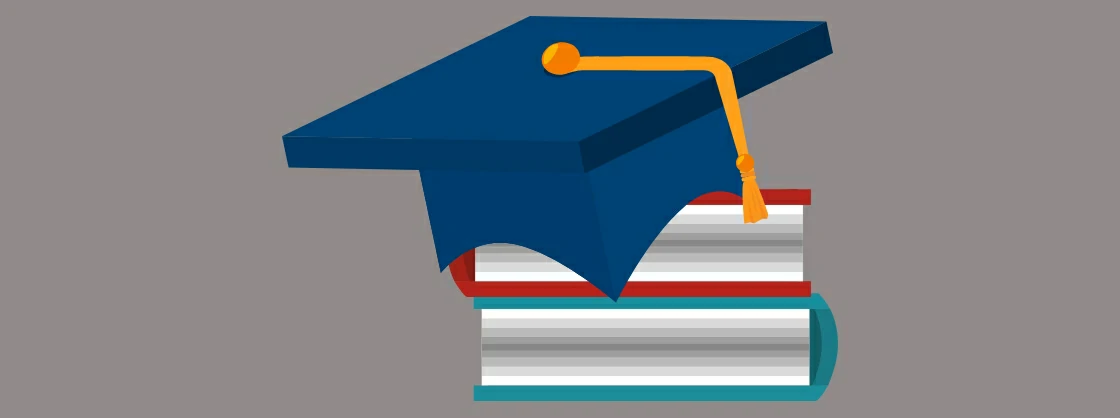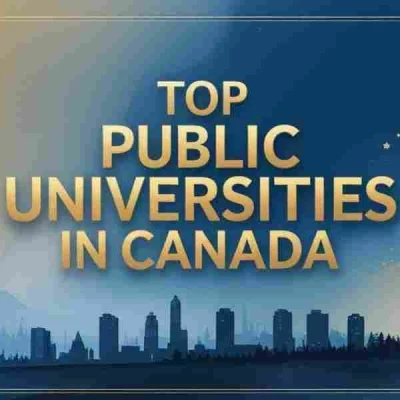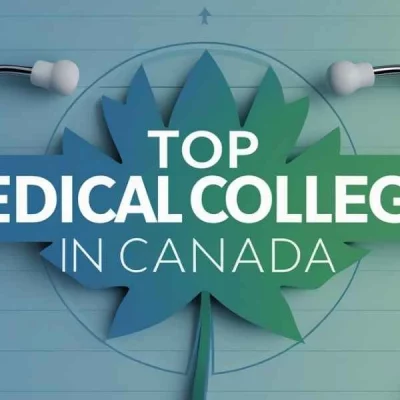Top 5 Post Graduate (PG) Courses in Canada: Course, Duration, Fees
Table of Contents
Canada is a student destination welcoming international students yearly. As of 2022, the country welcomed 551,405 new international students from over 184 countries. Canada is the ideal location to study because it offers high-quality education, quality of life, diversity, affordable living and work opportunities.
Canada is home to many universities which are renowned worldwide. That’s why it’s been attracting students to pursue their studies in this country. The government is also working on many initiatives to make it easy for international students to apply for Canada.
What is a PG course in Canada?
A PG is a master’s degree pursued after the Bachelor’s program, which is focused on thesis-based programs. It prepares students to conduct research based on their chosen area of study.
What is the duration of a PG Program?
The duration of a PG program will depend on the field of study. But, in general, it ranges between 2- 3 years. The humanities subjects have a shorter term while science may take up to three years.
What is the tuition fee for a PG course in Canada?
The tuition fee for a PG course in Canada is approximately 30,000/ annum.
What are the three intakes in Canada?
Canada has three intakes in a year. They are:
Fall Intake: It is the primary intake and starts in September.
Winter Intake : It is the secondary intake and starts in January
Summer Intake: The third intake for summer courses only starts in May.
[Read Also: A Guide to Intakes in Canada]
What are the eligibility criteria for PG in Canada?
A student must fulfill a few criteria to get admission into a post-graduate study program in Canada. Some of the common requirements are:
Bachelor’s Degree:
Students must complete an undergraduate or equivalent degree from a recognized university.
English Language:
Students must prove a certificate course of IELTS score with a band of 6 overall.
GMAT or GRE:
These two tests are required for students pursuing business and specific study programs.
Work Experience:
Students must prove two years of work experience to enter a Canadian University or college for a PG course.
[ Read Also: Best Universities in Canada for International Students ]
What are the top 5 PG courses in Canada?
1. Accounting
Accounting is a course designed for students wanting to enter the accounting field. It provides students with the basics of accounting and bookkeeping concepts. It then enhances analytical skills and independent learning and helps them become professionals.
There are two courses under Accounting:
- LLM in Taxation
- Masters of Taxation
2. Business Management and Commerce
It is a course designed for entrepreneurs who want to learn how to run a business. One will learn the concept of establishing and running a company at various functional levels. This course will help with managerial, communication, organizing, and administrative skills.
There are two courses under Business Management and Commerce:
- Finance
- Marketing
- Administration
3. Computing and IT courses
The course is designed for students who aspire to be computer engineers. It is focused on building a computer and its programs on the aspects of development. On the other hand, IT refers to maintaining a computer and its network, which can be on aspects of security, AI, etc.
There are two courses under Computing and IT courses:
- Computer Engineering
- Information Technology
4. Biological and Life Sciences
Life sciences is a course for students in tune with science and nature. During this course, students will be taught to understand life’s biological and chemical processes on Earth. It is carried out through classes, practical labs and field study.
There are four courses under Biological and Life Sciences courses:
- Biology
- Zoology
- Botany
- Ecology
5. Engineering
The course encompasses all types of engineering study. It includes mechanical engineering, environmental engineering, computer engineering, electrical engineering, etc. It depends upon the student’s interest in the subject.
Apart from the above, there are many other courses that come under engineering:
- Petroleum Engineering.
- Telecommunication Engineering.
- Machine Learning and Artificial Intelligence.
- Robotics Engineering.
- Biochemical Engineering.
[ Read Also: Top 5 Courses for International Students in Canada ]











